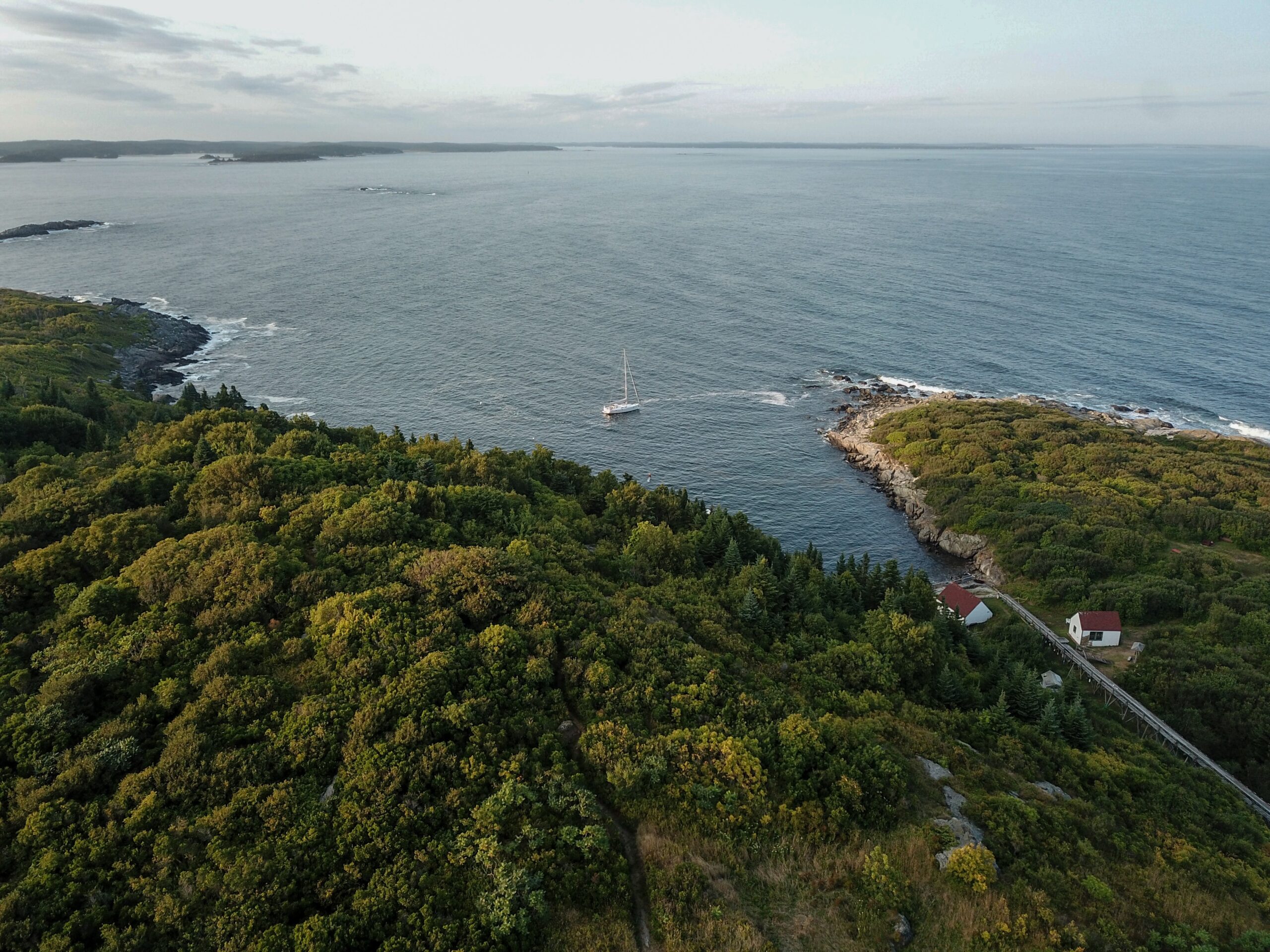Gulf of Maine food chain threatened as vital plants disappear
Taking into account two decades of data, scientists have discovered a serious problem in one of North America’s most important coastal ecosystems.
Spanning 36,000 square miles, bounded by Cape Cod in the south and Cape Sable Island to the northeast, the Gulf of Maine is one of the largest features of the US Eastern Seaboard. Thanks to the cold waters, extreme levels of tidal mixing, and the diverse bed, it is also known as one of the most productive marine environments in the North Atlantic.
As such, scientists working on a NASA-funded project are understandably concerned that two decade of data point to a significant decline in species at the bottom of the local food chain, which provide the basis for all other species to thrive. More worryingly still, the changes are likely not just tied to activities in the region, but scenarios unfolding further afield.
‘We’ve seen that the growth rate of phytoplankton is about a third of what it was 20 years ago; that’s a really big deal,’ said Senior Research Scientist William Balch, lead author on the study. ‘These microscopic plants are the base of the food web on which all ocean life depends, and the change is connected to patterns and processes well beyond the Gulf of Maine.
‘We all work with this mantra that the Gulf of Maine is one of the fastest warming bodies of water on the planet,’ Balch said, citing the fact that at depths of 500 feet, waters here have already increased in temperature by around three degrees Fahrenheit since 1992, driven by more warm, salty water ‘invading’ the gulf from the North Atlantic.
His study is the first to show this process is less apparent at shallower depths, and in spring time such parts of the Gulf undergo a mild cooling process. Nevertheless, the water salinity and overall temperature are increasing, with significant consequences.
‘It’s not like the Gulf of Maine is an isolated pond and all the warming happening here is only happening in one place. Rising temperatures are in large part due to this large influx of North Atlantic water, which itself is getting warmer. These changes take time, and they are fundamentally altering the planet.’
Image credit: Leon Bredella













